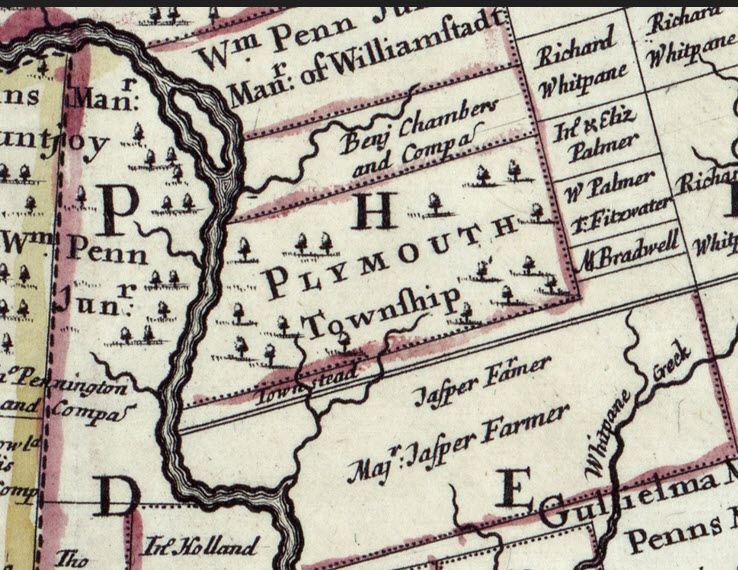
Plymouth Monthly Meeting’s
Land Acknowledgement
Process

The native Duwamish people (western Washington State) tell us that “For non-Indigenous communities, land acknowledgement is a powerful way of showing respect and honoring the Indigenous Peoples of the land on which we work and live. Acknowledgement is a simple way of resisting the erasure of Indigenous histories and working towards honoring and inviting the truth".
Our Monthly Meeting land acknowledgement is at the very beginning of the process. Anyone who would like to help with the our acknowledgement, please contact David Miller. Click here to send a email. We will be gathering this month to begin the process. The steps we will be taking to prepare a land acknowledgment are:
-
Research the history of the land which our Meeting House is built on
-
Educate ourselves about
-
the history of the Lenape People
-
who lived on this land surrounding our Meeting House and School
-
the history of the indigenous people that lived within the area now identified as the United States and their relationship to our government and its people
-
the history of the Quaker relationship to indigenous Peoples including the boarding schools run by Quakers for the indigenous peoples
-
Open a relationship with Lanape people in our tri-state region. Take an opportunity with them to hear them tell their history
-
In a variety of ways, bring the knowledge that we have gained to the Monthly Meeting, our School and our community. Sponsor events that bring Lenape people to our community to teach and share with us
-
Write and test the Land Acknowledgement wording with Lenape people
-
Integrate the stewardship of our land with our Land Acknowledgement and Native peoples’ understanding of a right relationship with the land. Seek to engage with indigenous peoples efforts to heal the land and address climate change
-
Determine how, in an ongoing way, we can support Lenape people (financially, politically, Socially, Spiritually)
Much has been written to help us on our way. A collection of 6 books have been purchased to
provide a foundation of knowledge. Pick one up from the Meeting Library or from your local
library if they have been checked out. If you have one of the Meeting books, please make sure
you have signed it out, so we know where it is. If you can bring it back in 2-3 weeks so others
can read it. The recommended books to read are:
-
Lenape Country: Delaware Valley Society Before William Penn by Jean R. Soderlund
-
This Very Ground, This Crooked Affair by John L Ruth (Author), Raylene Hinz-Penner
-
An Indigenous Peoples' History of the United States by Roxanne Dunbar-Ortiz
-
As They Were Led: Quakerly Steps and Missteps Toward Native Justice: 1795-1940 by Martha Claire Catlin
-
Our History Is the Future: Standing Rock Versus the Dakota Access Pipeline, and the Long Tradition of Indigenous Resistance by Nick Estes
-
Braiding Sweet Grass, Scientific Knowledge, and the Teachings of Plants by Robin Wall Kimmermer
This is a long process but when completed a meaningful acknowledgment can be made that be more than a few sentences read at the beging of a meeting. There will be an ongoing relationship with the indigenous people of our region and beyond. PaulaPalmer, Director of the Toward Right Relationship project from the Indigenous Peoples Concerns Committee of Boulder Friends Meeting writes: Native organizations are not asking us to judge our Quaker ancestors. They are asking, “Who are Friends today? Knowing what we know now, will Quakers join us in honest dialogue? Will they acknowledge the harm that was done? Will they seek ways to contribute toward healing processes that are desperately needed in Native communities?”
Our beginning with learning the history of our land and the history of Quakers and the US government relationship to native peoples will provide us a starting point to answer these questions.